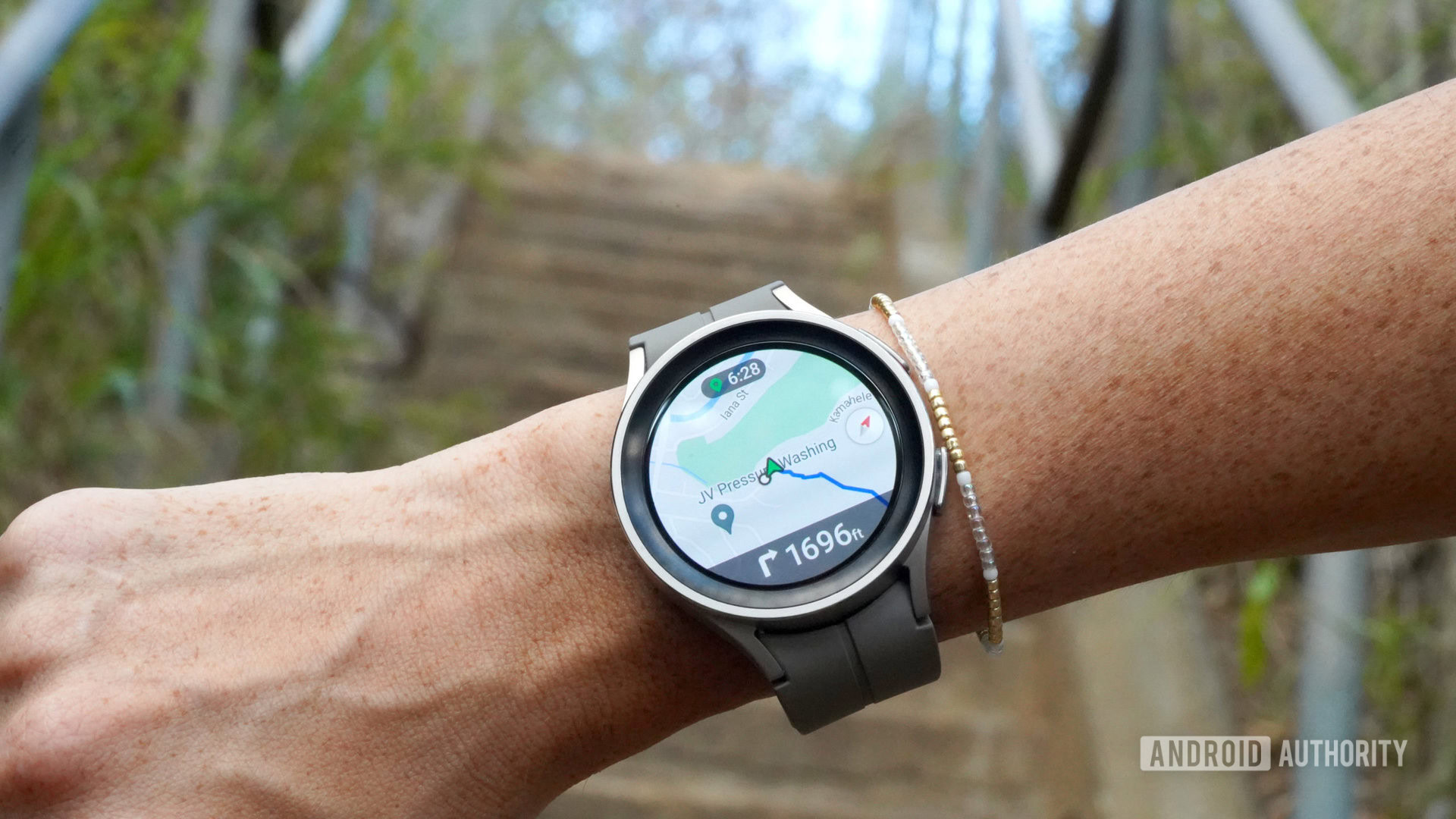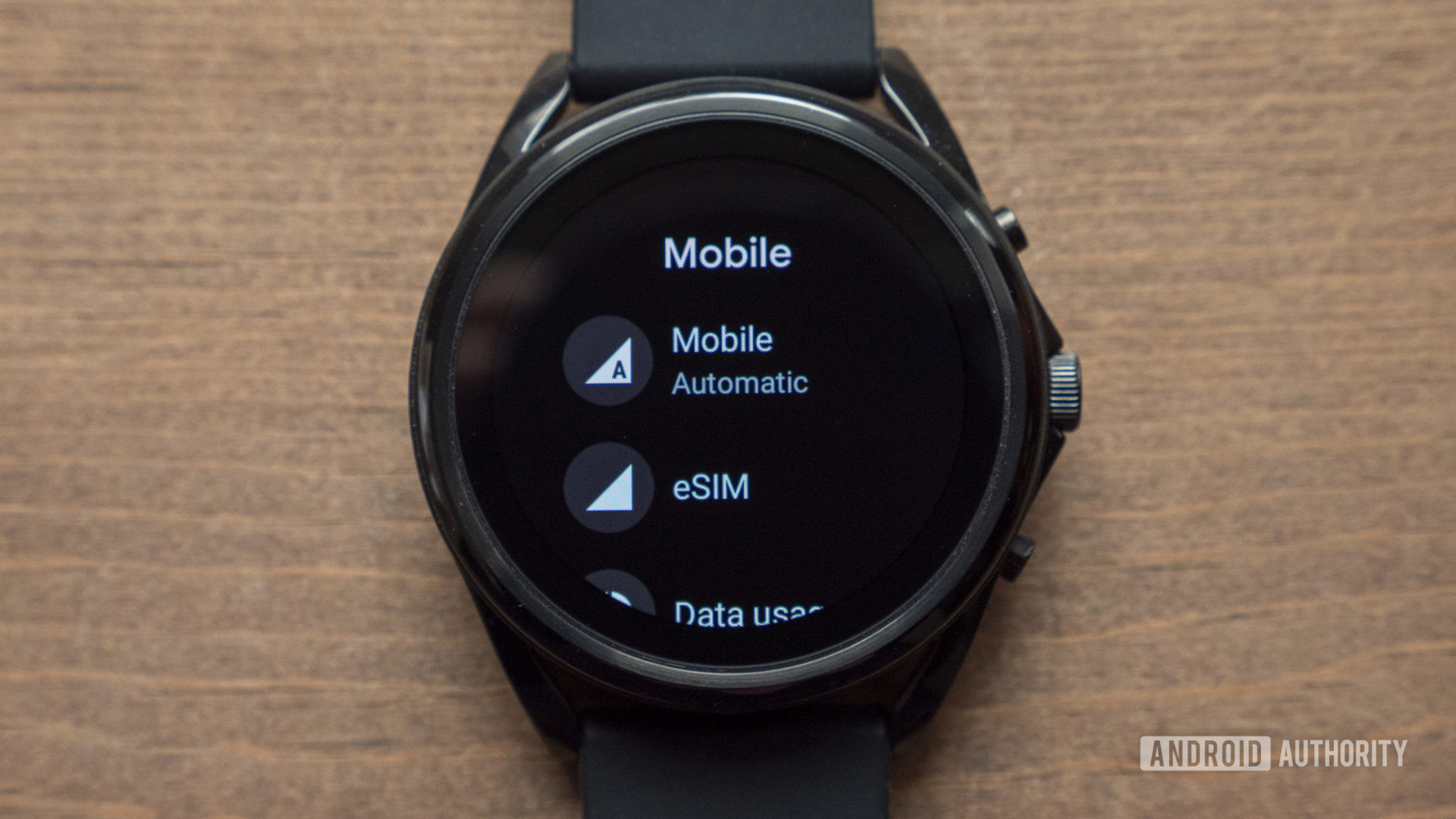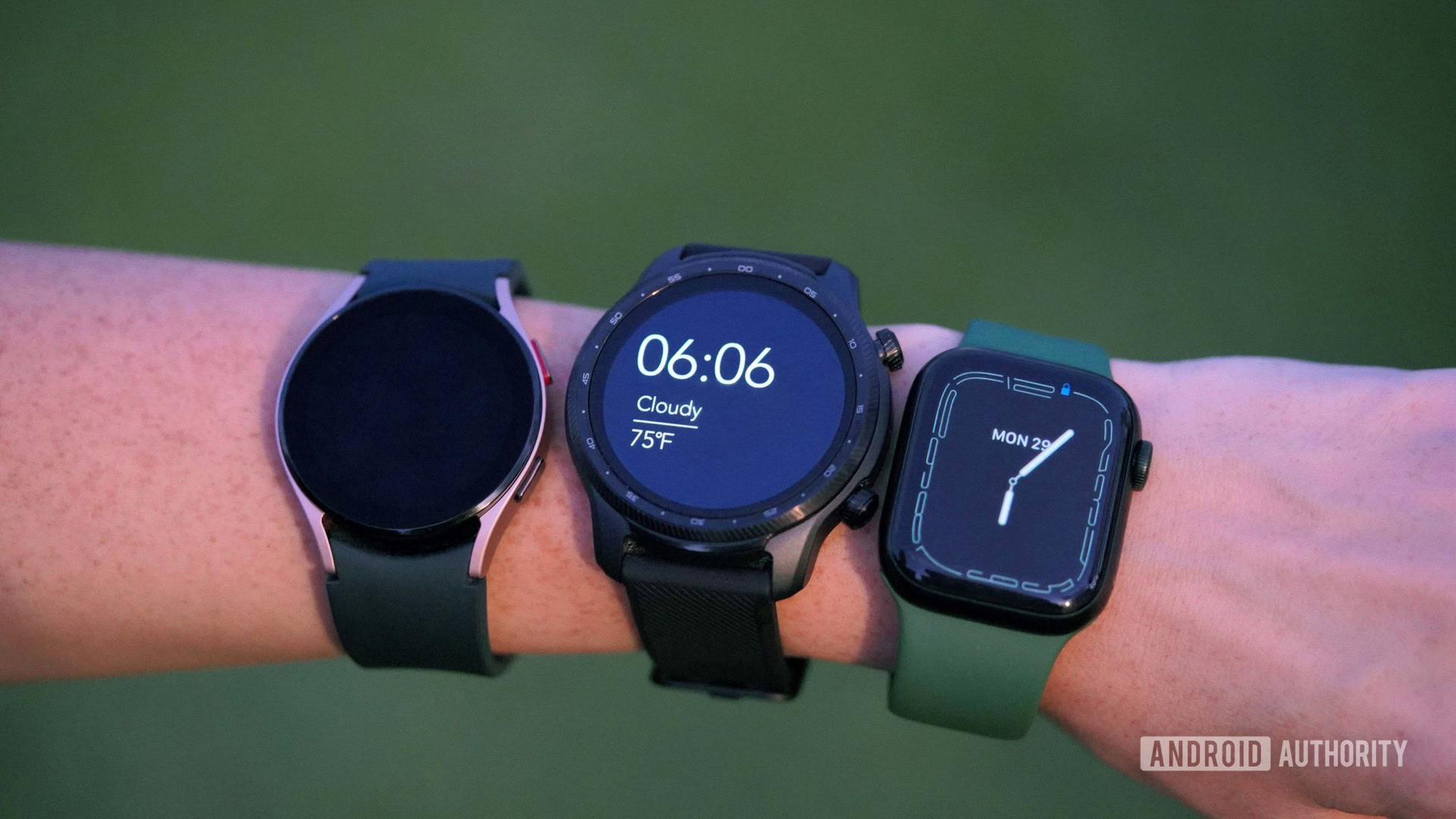Carriers Should Stop Charging Extra For Using Smartwatch Data
Tech makers might hate to admit it, but one of the key benefits of a smartwatch, or at least a fitness tracker like a wristwatch, is the ability to disconnect from your phone. With all kinds of portable devices, you don't have to take your phone out of your pocket often, which also avoids the chaos of commuting and other distractions. The watch allows you to perform multiple actions without interrupting the conversation or even stopping the flow.
Some watches even go a step further with the mobile version, leaving the phone on for hours. Examples include everything from the Samsung Galaxy Watch 5 to intense sports products like the Apple Watch Ultra and the Garmin Forerunner 945 LTE.
Many providers expect you to pay monthly for calls and mobile data, but don't worry about hourly charges upfront. For example, T-Mobile charges US $10 or more for unlimited data. Canadian airlines Rogers and Telus charge CAD$10 per month. The French operator Bouygues Telecom charges 2 euros per month for an additional data-only SIM card that does not allow calls.
It's about time all these camps ended, so going to 2023 doesn't make sense.
Do you pay to activate cell phone features on your handheld?
1357 votes
The message is fundamentally wrong.

Caitlin Cimino / Android Authority
The main issue should be clear: when I'm using data or making calls on my smartwatch, I'm not doing it on my phone and vice versa. Basically, we're billed for the privilege of additional devices, not for actually consuming more bandwidth.
Smartwatches are replacing our cell phones because they are not an additional source of consumption.
Network operators may object that even when you're at home or in the gym locker room, your phone still uses a separate passive stream of mobile data traffic. However, you will most likely be connected to Wi-Fi in both locations, in which case all mobile data will be consumed. Even if it weren't true, I wouldn't do anything complicated like stream Spotify or update the operating system on a device that doesn't belong to me.
In other words, it's not like a second phone line. It makes sense to need a full cellular plan (calling and messaging plus data) for smartwatch service, but I think most people would agree that their cellular data should be an extension of that plan, just like how they use their phone.
See also: How to choose a smartwatch
Mobile access means more security
One of the reasons I wrote this article was with Apple's Far Out press conference in mind. The company spends a lot of time talking about safety technologies, including collision detection, satellite SOS on the iPhone 14, and the rescue siren on the Apple Watch Ultra. A lengthy video montage focuses on how the existing Watch feature saves lives.
But even companies like Google and Samsung are boasting of technologies like SOS notifications, which is another reason for lowering cellular surcharges. That is, if it's possible to communicate anytime, anywhere, then we're inherently more secure.
The best security is the ability to call for help at any time.
Mobile watches, including the Galaxy Watch, usually offer some sort of free emergency call or text message. The problem is that these variants are usually easy. You can call a service like 911 or send a series of messages to emergency contacts and you're good to go. For example, you can't call your partner if you think someone is following you or send a friend to drive you home if you're drunk.
High costs often deter people from buying a cell phone model in the first place. If network operators and device manufacturers want to show that they take security seriously, they need to find ways to make wearable devices more accessible to everyone. In addition to lower monthly rates, this could mean adding a cellular device to each model and/or expanding features that don't require a cellular plan.
Related: The best emergency apps for Android
Nickel and blackout tend to have a negative impact on overall sales

Jimmy Westenberg/Android Authority
From an industry perspective, one would imagine that sellers would sell more mobile watches, whether they sell them at a higher price or not, if buyers didn't have to worry about paying ongoing fees later. These costs are trivial at times, but in North America at least, they tend to bite a bit.
For example, you're looking at a watch with Verizon charging $10 a month (plus taxes and other fees) for bundled plans. Three years of service adds more than $360 to the hardware price. While cellular is great for safety and fitness, many people (myself included) are willing to play with the Wi-Fi/Bluetooth model to save that kind of money.
Free smartwatch plans can be attractive to offers from other providers.
Operators clearly care less about unit sales than ongoing subscription revenue, which is why they offer so many "free" calls to their customers. Free smartwatch plans can be attractive across all vendor offerings and even inevitable given the competitive pressures. Long distance calling has gone from expensive to de facto, with all major US carriers now offering unlimited calling plans.
Can we expect smartwatch plans to improve?

Caitlin Cimino / Android Authority
In the short term, I expect carriers to bear the cost of smartwatches. They are an easy source of recurring revenue. So, whether the practice is short-sighted or not, operators are happy to raise money if they can convince people to pay.
All it takes is a carrier offering a free smartwatch bundle bonus to spark a competitive battle.
But I'm optimistic in the long term, precisely because I have to convince the public. Consumers are always looking for ways to save money, and the value proposition of smartwatch plans is weak in many non-emergency situations. Along with replacing phones with smartwatches, many features and interfaces are sacrificed for portability. People who have them will continue to regularly pull out their phones to get things done faster.

Post a Comment for "Carriers Should Stop Charging Extra For Using Smartwatch Data"